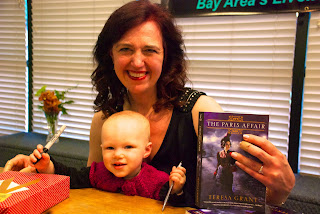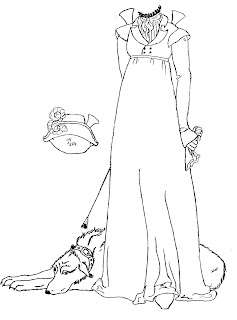The lives of nations
This week I have been reading an excellent book published half a century ago by Samuel Beer, then a distinguished member of the Government Department and one of the most important educators at Harvard, British Politics in the Collectivist Era . This evening I saw the film Midnight's Chldren , written and based on a book by Salman Rushdie, which is a symbolic history of India from the 1930s through the 1970s. Both of them left me with a heavy feeling of how the world has changed during my adult life--because both of them are stories of national life. Beer's book was also striking because it illustrated the huge changes in political science in the last half century. I took very few Government courses in my undergraduate years and I did not have to take Social Sciences 2, Beer's general education course, but I was thereby the loser. Beard's book shows--and assumes--a fairly detailed knowledge of British history at least since the seventeenth century. It's a bo...


